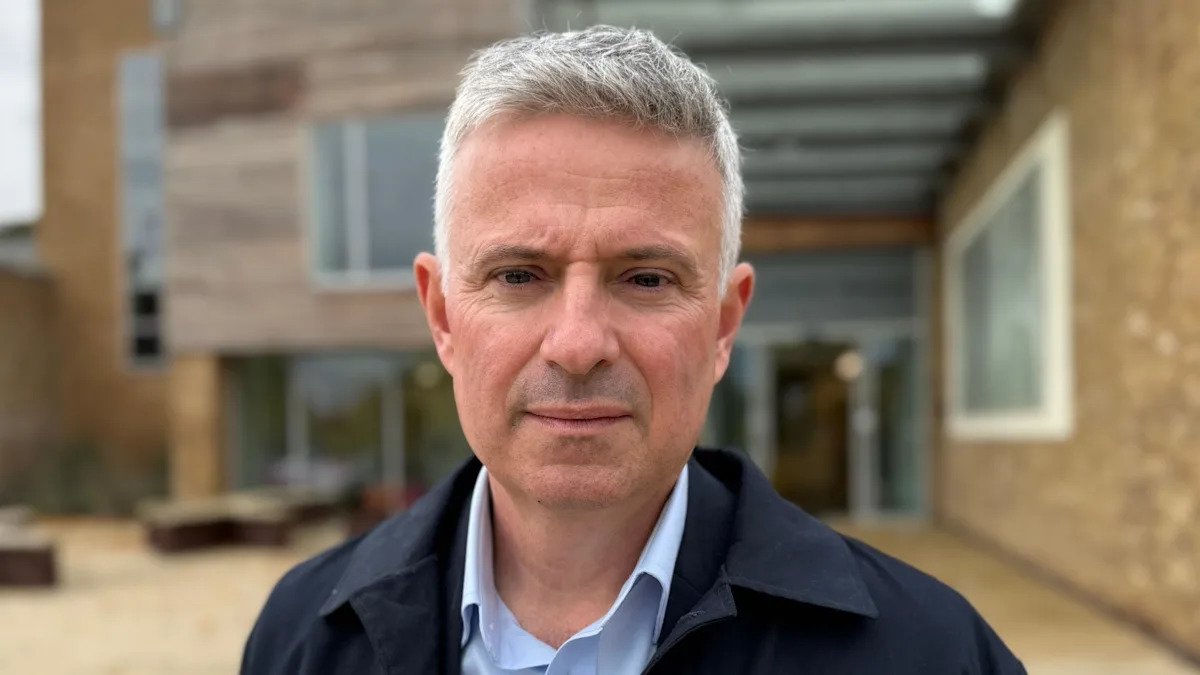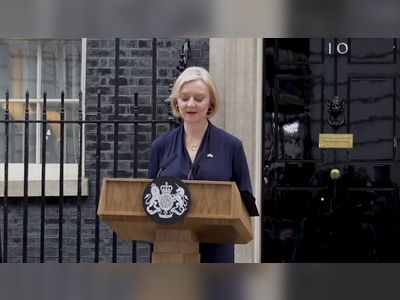
Head of Essex Trust Says First-of-its-Kind Mental-Health Inquiry Will Yield Positive Change
The boss of the Essex Partnership University NHS Foundation Trust describes a drive for reform as the Lampard Inquiry into over 2 000 patient deaths in Essex begins its national-scale scrutiny of mental-health services.
The chief executive of the Essex Partnership University NHS Foundation Trust (EPUT) has spoken of a “real drive” within his organisation to improve mental-health services in the wake of England’s first statutory inquiry into inpatient care for mental-health patients.
The Lampard Inquiry, launched by the government in 2024, is reviewing more than 2 000 deaths of patients in Essex between 2000 and 2023.
In a first broadcast interview, Paul Scott acknowledged that the deaths occurred amid national under-investment, but said the inquiry process did not feel “unfair”.
He invited families and the public to inspect recent ward-improvement work and cited investment in additional nurses, community teams and therapeutic activity as visible change.
Mr Scott stressed that systemic change is required, including long-term funding beyond the current “mental-health investment standard”.
He warned that the standard may expire in the near future and questioned whether follow-through on children’s mental-health spending would be protected now that demand has grown.
While the Department of Health and Social Care has pledged an extra £688 million this year and plans to recruit thousands of additional staff, EPUT remains focused on enduring reform rather than one-off fixes.
On inpatient wards, Scott said culture and staff roles have shifted: there has been a 21 per cent rise in mental-health nurses over three years, and vacancy-rates have fallen from 19 to 12 per cent.
He admitted the pandemic had triggered early retirements and crises in recruitment, but described recent steps—such as permanent contracts replacing agency roles—as part of the “enormous” transformation under way.
He also emphasised that more patients now are treated for anxiety and depression rather than only the most serious illnesses—a shift demanding broad community infrastructure to avoid hospitalisation.
The inquiry, which paused until February 2026, will examine service governance, oversight of out-of-area placements, and funding decisions across this 24-year period.
Mr Scott said he was confident the inquiry would make recommendations with national relevance and that “good will come of this”.
The Lampard Inquiry, launched by the government in 2024, is reviewing more than 2 000 deaths of patients in Essex between 2000 and 2023.
In a first broadcast interview, Paul Scott acknowledged that the deaths occurred amid national under-investment, but said the inquiry process did not feel “unfair”.
He invited families and the public to inspect recent ward-improvement work and cited investment in additional nurses, community teams and therapeutic activity as visible change.
Mr Scott stressed that systemic change is required, including long-term funding beyond the current “mental-health investment standard”.
He warned that the standard may expire in the near future and questioned whether follow-through on children’s mental-health spending would be protected now that demand has grown.
While the Department of Health and Social Care has pledged an extra £688 million this year and plans to recruit thousands of additional staff, EPUT remains focused on enduring reform rather than one-off fixes.
On inpatient wards, Scott said culture and staff roles have shifted: there has been a 21 per cent rise in mental-health nurses over three years, and vacancy-rates have fallen from 19 to 12 per cent.
He admitted the pandemic had triggered early retirements and crises in recruitment, but described recent steps—such as permanent contracts replacing agency roles—as part of the “enormous” transformation under way.
He also emphasised that more patients now are treated for anxiety and depression rather than only the most serious illnesses—a shift demanding broad community infrastructure to avoid hospitalisation.
The inquiry, which paused until February 2026, will examine service governance, oversight of out-of-area placements, and funding decisions across this 24-year period.
Mr Scott said he was confident the inquiry would make recommendations with national relevance and that “good will come of this”.









